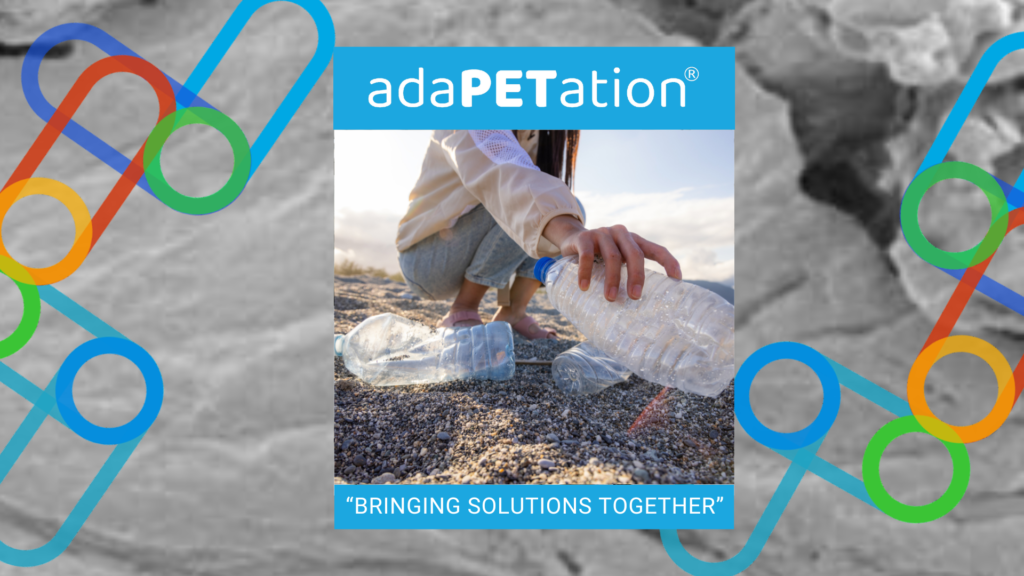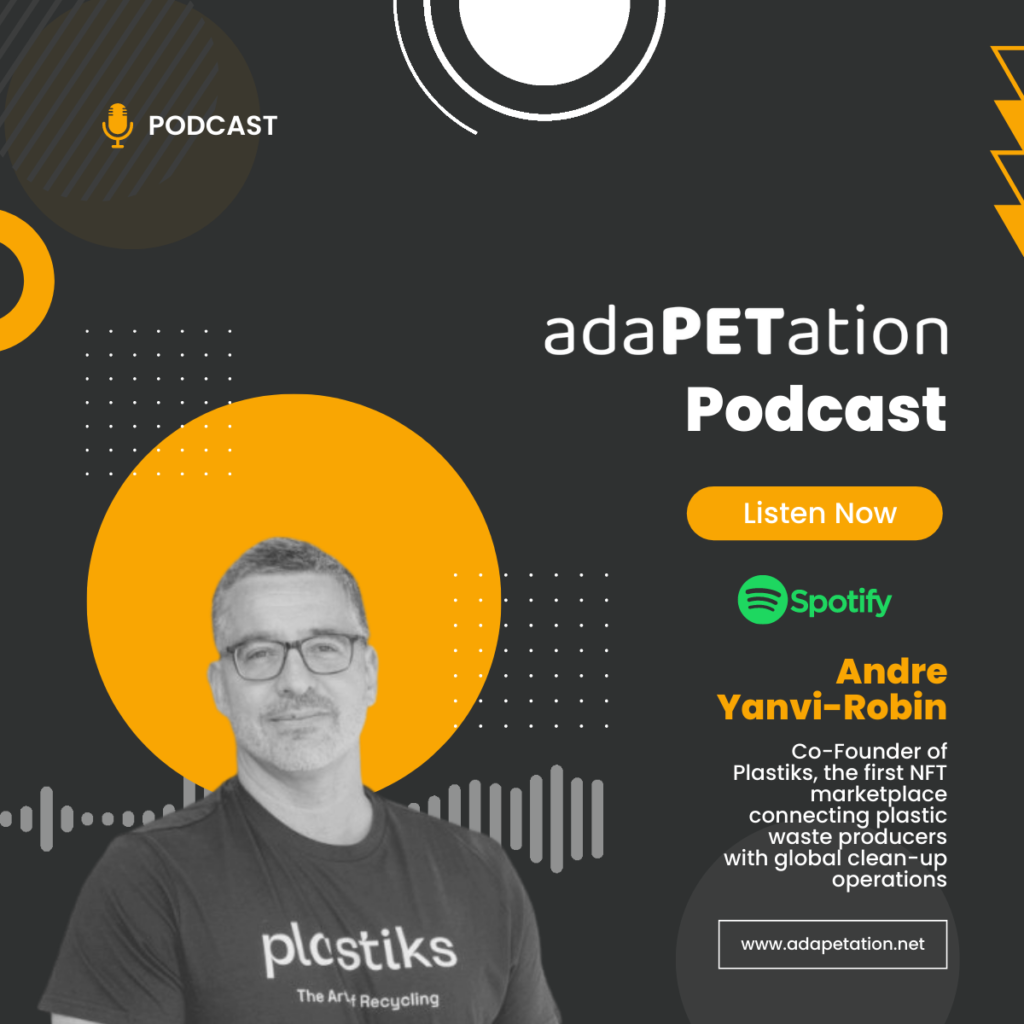
Waste collectors, responsible for 60% of all plastic recycled, are on the frontline in the battle against plastic pollution and social entrepreneurs are showcasing the significant environmental and social benefits of integrating these eco-heroes into sustainable waste management systems, highlighting their essential role in the PET value chain.

Dissecting the role of waste collectors in the PET value chain
In the global battle against plastic pollution, particularly in developing countries, an often-overlooked yet vital group is emerging as key players: waste collectors. These informal workers are the unsung heroes of the PET value chain, providing essential services in regions that lack formal waste management infrastructure.
Through the efforts of social entrepreneurs like Cordie Aziz-Nash, Chioma Ukonu, and Siddharth Hande, waste collectors are being integrated into sustainable waste management solutions, highlighting their critical role in closing the loop on plastic waste.
The crucial role of waste collectors
Waste collectors are instrumental in managing plastic waste, especially in countries where formal waste management systems are inadequate or non-existent. These individuals collect, sort, and recycle materials that would otherwise end up polluting the environment.
It is estimated that more than 20 million people around the world earn an income in this way. By collecting materials such as plastic, glass, paper and electronic waste from households, streets and dumpsites, waste collectors’ contribution to material recovery is immense.
In total, around 60% of all plastic recycled globally is collected by waste collectors. They are the backbone of the world’s recycling systems.
Waste collectors make significant contributions to public health, sanitation, and the environment by promoting resource circulation and reducing the amount of landfill. However, they are often not legally recognized as workers and suffer from poor working conditions and lack of social protection.
Transforming plastic waste into value
The work of waste collectors is not just about cleaning up the environment; it’s about turning waste into valuable resources. Cordie Aziz-Nash, founder of Environment 360 in Ghana, emphasises the importance of creating local solutions to global issues. “Our approach is more of creating local solutions to solve the issues that local communities face,” she says. By establishing Ghana’s first waste collector-led sorting center, Environment 360 has created jobs and reduced waste, demonstrating that integrating waste collectors can lead to significant environmental and social benefits.
Incentivizing sustainable practices
Chioma Ukonu, co-founder of RecyclePoints in Nigeria, has developed an innovative model that incentivises recycling through a point-based system. Participants accumulate points by depositing their recyclable waste, which can then be exchanged for household items, services, or cash. “By founding RecyclePoints, we aimed to create a sustainable solution that empowers communities to combat plastic pollution actively,” says Ukonu. This approach not only encourages recycling but also fosters a culture of sustainability and responsible waste disposal.
Bridging the gap with technology
Technology also plays a crucial role in enhancing the efficiency of waste management systems that rely on waste collectors. Hande’s Kabadiwalla Connect leverages geographic information systems to map and integrate the informal waste ecosystem into the broader waste management infrastructure. “Our goal is to create a circular economy for municipal waste by integrating the informal supply chain,” explains Hande. This integration ensures that large volumes of waste are collected and processed efficiently, providing a steady supply of recyclable materials to manufacturers.
The impact of waste collector integration
The integration of waste collectors into formal waste management systems has transformative effects on both the environment and local communities. In Ghana, Environment 360’s initiatives have led to the creation of jobs and the reduction of waste, while RecyclePoints in Nigeria has diverted over 590 tonnes of waste from landfills and created numerous job opportunities. These initiatives showcase the potential of environmental projects to drive economic growth and improve livelihoods.
The path forward
The work of these social entrepreneurs underscores the importance of recognising and supporting the role of waste collectors in the PET value chain. By providing them with the necessary tools, training, and incentives, we can enhance their efficiency and ensure that plastic waste is managed sustainably. As Aziz-Nash points out, “People need to understand the impact. Sharing the change in one or two people can inspire others to know that they’re doing the right thing.”
Recognition where it’s deserved
Waste collectors are a crucial component in the fight against plastic pollution, particularly in developing countries lacking formal waste management infrastructure. Through innovative models and local solutions, social entrepreneurs like Cordie Aziz-Nash, Chioma Ukonu, and Siddharth Hande are demonstrating that integrating waste collectors into the PET value chain can create significant environmental and social benefits. By recognising and supporting their efforts, we can close the loop on plastic waste and move towards a more sustainable future.
LOOKING FOR MORE INSPIRATION?
Systems thinking can help us see PET plastics differently, not as an insurmountable problem but as a challenge we can collectively address. If you’re looking for more examples of inspirational solutions around the world dive deeper into the adaPETation® Solutions Network and let’s reshape our world for the better.
Share it
THE HISTORY OF PLASTIC
Throughout the history of plastic, PET has been crucial in keeping food fresh with lightweight and durable packaging solutions that have helped reduce food waste for almost a century. Learn all about the invention of plastic and the important role it has played feeding people and saving the lives of humans and elephants in the adaPETation® timeline of the history of plastic.





